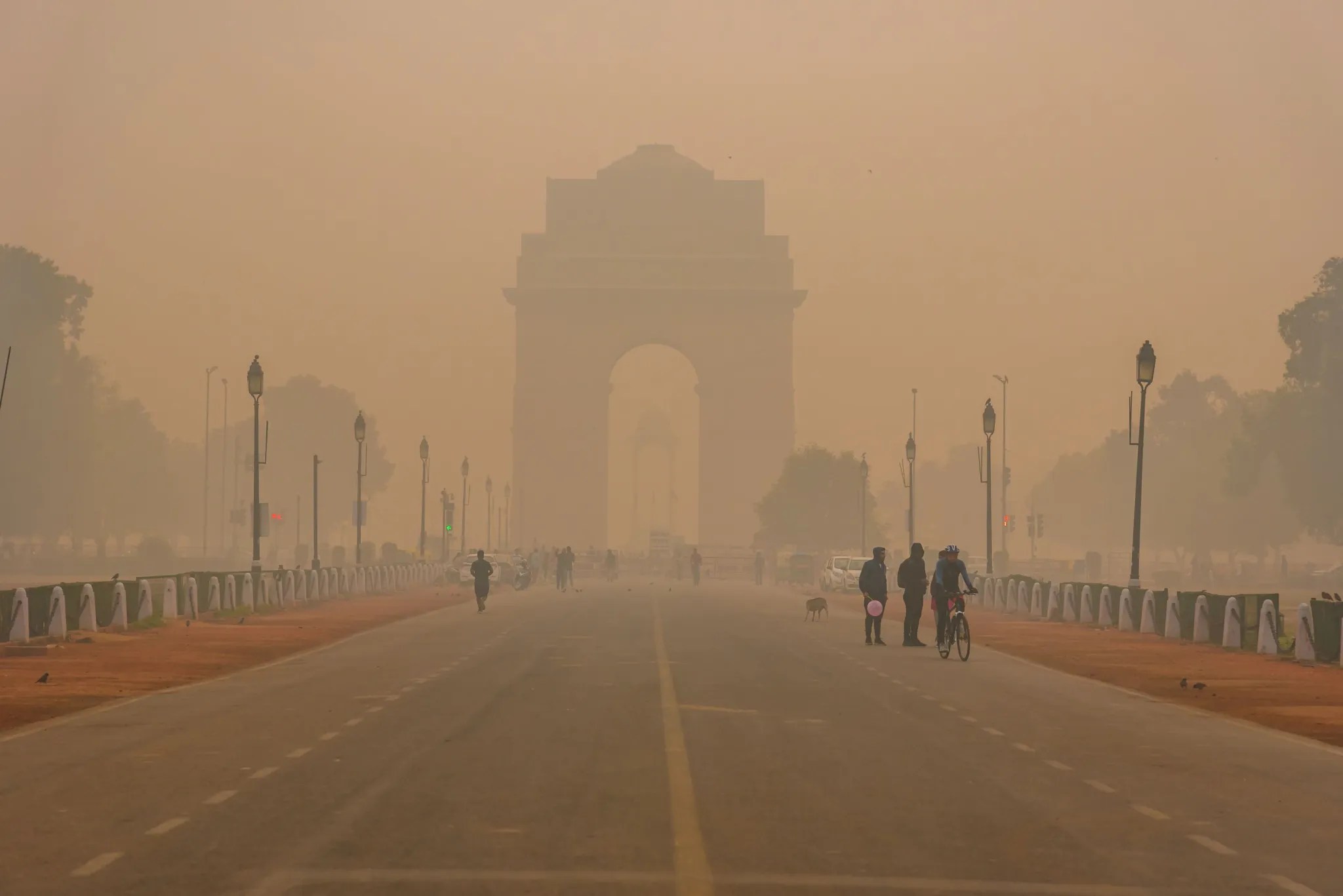The Energy Policy Institute at the University of Chicago has released the Air Quality Life Index (AQLI) and Indians have all the reasons to think again on climate than anything else.
Of course, Delhi has surpassed all the cities of the world and emerged as the most polluted city in the new report yet again. But what is more astonishing is the fact that not a single corner of India is below the pollution level i.e. 5 μg/m3 set by the World Health Organization (WHO). Precisely, whether you live in a metro city or a remote village in India, as per WHO norms, you’re residing in a polluted environment that exceeds their parameters and is harming your health.
Even if we keep WHO’s parameter aside, 67.4% of the country’s population lives in areas that exceed the country’s own air quality standard of 40 μg/m3.
As per AQLI, 18 million residents of Delhi, the most polluted city, may lose 11.9 years of their lives to pollution if the current pollution level persists. If it worsens, you may add a few months or maybe years to the list of reduction.
”Even in the least polluted district in the region, for instance, Pathankot in Punjab — particulate pollution is more than seven times the WHO limit, taking 3.1 years off life expectancy if current levels persist,” it said.
Delhi residents are certainly breathing poison but all of 1.3 billion Indians are breathing air that’s causing harm to their health. This is just about air quality, soil pollution, water pollution, and nowadays e-waste… scientifically we’re leaving over waste and consuming waste in all forms.
Geological and meteorological factors are responsible to an extent for particulate pollution at least in the Northern area but the AQLI’s dust and sea salt-removed PM 2.5 data imply that human activity plays a key role in generating severe particulate pollution. Hence, only environmental factors cannot be blamed for the particulates we’re generating and obviously consuming.










